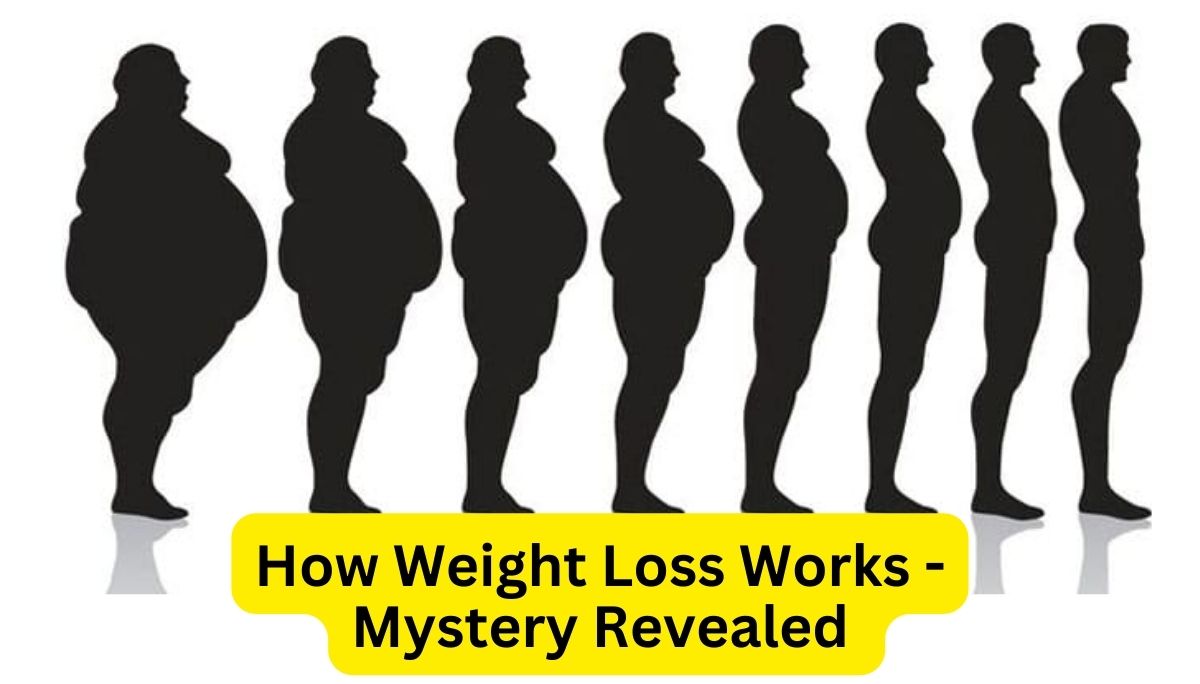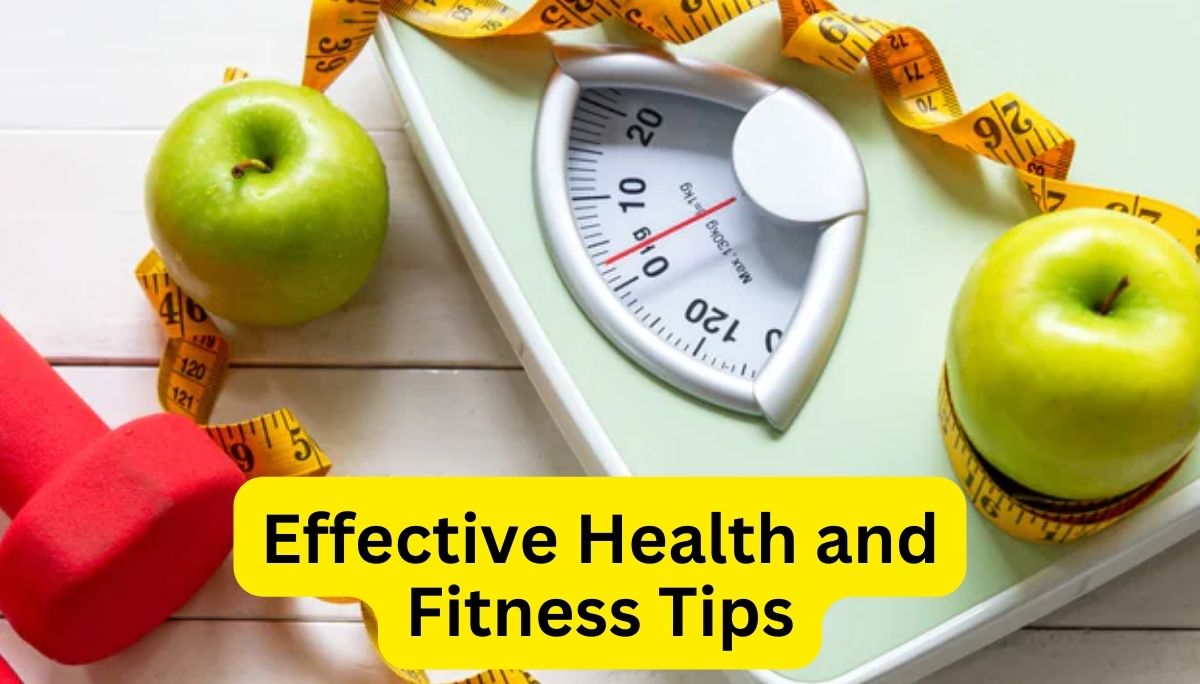Explore Mind-Blowing Facts About Exercise, Fitness, and Working Out That Will Leave You Amazed
fitness journey involves more than just breaking a sweat—it’s about understanding the science, history, and incredible benefits behind exercise and working out. Prepare to be amazed as we delve into some mind-blowing facts that will inspire and motivate you on your fitness journey.

Table of Contents
The Power of Movement
Exercise is often touted for its physical benefits, but did you know that it can also work wonders for your muscles in ways that may surprise you? For instance, a single bout of exercise can increase your muscle’s ability to take up glucose (sugar) from your bloodstream for energy by up to 40%. This means that your muscles become more efficient at using the available fuel, leading to improved overall performance and endurance.
Moreover, regular exercise can help you build stronger bones and prevent age-related bone loss. According to the National Osteoporosis Foundation, weight-bearing and resistance exercises are particularly effective in promoting bone health by stimulating the development of new bone cells.
Brain Boosters
Exercise is not just a physical activity; it’s a powerful brain booster as well. When you exercise, your brain releases a protein called brain-derived neurotrophic factor (BDNF), which plays a crucial role in promoting the growth and maintenance of new brain cells. This process, known as neurogenesis, can improve cognitive function, memory, and even reduce the risk of age-related cognitive decline.
Additionally, regular exercise has been shown to increase the volume of the hippocampus, a brain region responsible for memory and learning. A study published in the Proceedings of the National Academy of Sciences found that adults who engaged in aerobic exercise experiences increased hippocampal volume, leading to improved spatial memory.
Longevity and Disease Prevention
Exercise is often hailed as the fountain of youth, and for good reason. Numerous studies have linked regular physical activity to a reduced risk of premature death and various chronic diseases. According to the Centers for Disease Control and Prevention, regular exercise can lower the risk of heart disease, stroke, type 2 diabetes, and even certain types of cancer.
But that’s not all – exercise has also been shown to boost your immune system’s defenses. A study published in the British Journal of Sports Medicine found that regular moderate exercise can reduce the risk of respiratory infections, such as the common cold, by up to 31%.
Mood Enhancers
Exercise is not just a physical pursuit; it’s a powerful mood booster as well. When you engage in physical activity, your brain releases endorphins, often referred to as “feel-good” chemicals. These endorphins can improve your mood, reduce stress and anxiety levels, and even alleviate symptoms of depression.
Moreover, exercise has been shown to improve self-esteem and body image. A study published in the Journal of Health Psychology found that regular exercise can positively influence body image and self-perception, leading to increased confidence and overall well-being.
Frequently Asked Questions: Mind-Blowing Facts About Exercise, Fitness, and Working Out
Q: How much exercise is enough for optimal health benefits?
A: The Department of Health and Human Services recommends at least 150 minutes of moderate-intensity aerobic activity or 75 minutes of vigorous-intensity aerobic activity per week, combined with muscle-strengthening activities twice a week.
Q: Can exercise help with weight loss?
A: Yes, regular exercise can contribute to weight loss by burning calories and increasing muscle mass, which in turn boosts metabolism. However, for significant weight loss, exercise should be combined with a calorie-controlled diet.
Q: Is it better to do cardio or strength training?
A: Both cardio and strength training offer unique benefits, and a combination of the two is recommended for overall fitness. Cardio exercises improve cardiovascular health and burn calories, while strength training builds muscle mass and boosts metabolism.
Q: Can exercise help with sleep quality?
A: Yes, regular exercise has been shown to improve sleep quality by reducing stress and anxiety levels, regulating sleep-wake cycles, and promoting the release of sleep-promoting hormones like melatonin.
Q: How often should I exercise to see results?
A: The frequency and intensity of exercise needed to see results vary depending on individual goals, fitness level, and exercise type. Aim for at least 150 minutes of moderate-intensity aerobic activity or 75 minutes of vigorous-intensity activity per week, along with strength training exercises at least twice a week.
Q: Is it better to exercise in the morning or evening?
A: The best time to exercise is whenever it fits into your schedule and feels most comfortable for you. Some people prefer morning workouts to kickstart their day, while others find evening workouts help them unwind and relieve stress. Choose a time that works best for your lifestyle and preferences.
Q: Can I lose weight just by exercising, or do I need to diet too?
A: While exercise is essential for overall health and fitness, weight loss also depends on dietary factors such as calorie intake and food choices. To achieve weight loss goals, it’s essential to combine regular exercise with a balanced diet that includes a variety of nutrient-rich foods in appropriate portions.
Q: Is it safe to exercise during pregnancy?
A: Moderate exercise is generally considered safe during pregnancy, but it’s always best to consult with your healthcare provider. Exercise can offer numerous benefits for expectant mothers, including improved mood, reduced pregnancy-related discomforts, and better preparation for childbirth.
Exercise is not just a physical pursuit; it’s a powerful tool for enhancing overall well-being. From boosting brain power and mood to promoting longevity and disease prevention, the benefits of regular physical activity are truly mind-blowing. By incorporating exercise into your lifestyle, you’re not only investing in your physical health but also unlocking a world of cognitive, emotional, and mental rewards. So, lace up those sneakers, embrace the power of movement, and embark on a journey towards a healthier, happier, and more vibrant you.






